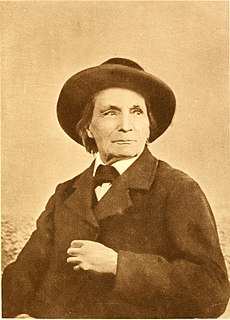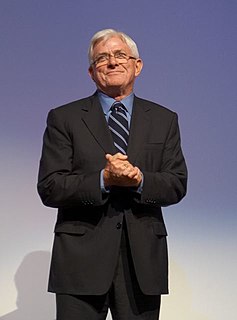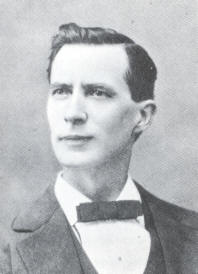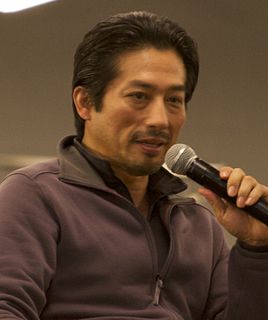A Quote by Jean-Henri Fabre
History celebrates the battlefields whereon we meet our death, but scorns to speak of the plowed fields whereby we thrive. It knows the names of the king's bastards but cannot tell us the origin of wheat. This is the way of human folly.
Related Quotes
The names of the cerros and the sierras and the deserts exist only on maps. We name them that we do not lose our way. Yet it was because the way was lost to us already that we have made those names. The world cannot be lost. We are the ones. And it is because these names and these coordinates are our own naming that they cannot save us. They cannot find for us the way again.
The history of science, like the history of all human ideas, is a history of irresponsible dreams, of obstinacy, and of error. But science is one of the very few human activities-perhaps the only one-in which errors are systematically criticized and fairly often, in time, corrected. This is why we can say that, in science, we often learn from our mistakes, and why we can speak clearly and sensibly about making progress there. In most other fields of human endeavour there is change, but rarely progress ... And in most fields we do not even know how to evaluate change.
We [in USA] have people honestly believing that, if a president calls a war, you have to shut up and sing. That is not the nation my mother raised me to pledge my allegiance to. We should speak out. We sent thousands of Americans to foreign battlefields to protect our way of life, which includes free speech. If you're not going to use it, it's already lost. We'll find a Mussolini who will tell us what's good for us.
The Latin words humus, soil/earth, and homo, human being, have a common derivation, from which we also get our word 'humble.' This is the Genesis origin of who we are: dust - dust that the Lord God used to make us a human being. If we cultivate a lively sense of our origin and nurture a sense of continuity with it, who knows, we may also acquire humility.
The wisest is he that knows only that he knows nothing. God only knows. We mortals are only troubled with morbid little ideas, sired by circumstance and damned by folly. The human head can absorb only the flavorings of its surroundings. We assume that our faith political and our creed religious are founded upon our reason, when they are really made for us by social conditions over which we had little control.
The difficulty of saying I-a phrase from the East German novelist Christa Wolf. But once having said it, as we realize the necessity to go further, isn't there a difficulty of saying 'we'? You cannot speak for me. I cannot speak for you. Two thoughts: there is no liberation that only knows how to say 'I'; there is no collective movement that speaks for each of us all the way through.
We all have weak moments, moments where we lose faith, but it's our flaws, our weaknesses that make us human. Science now performs miracles like the gods of old, creating life from blood cells or bacteria, or a spark of metal. But they're perfect creatures and in that way they couldn't be less human. There are things machines will never do, they cannot possess faith, they cannot commune with God. They cannot appreciate beauty, they cannot create art. If they ever learn these things, they won't have to destroy us, they'll be us.


































